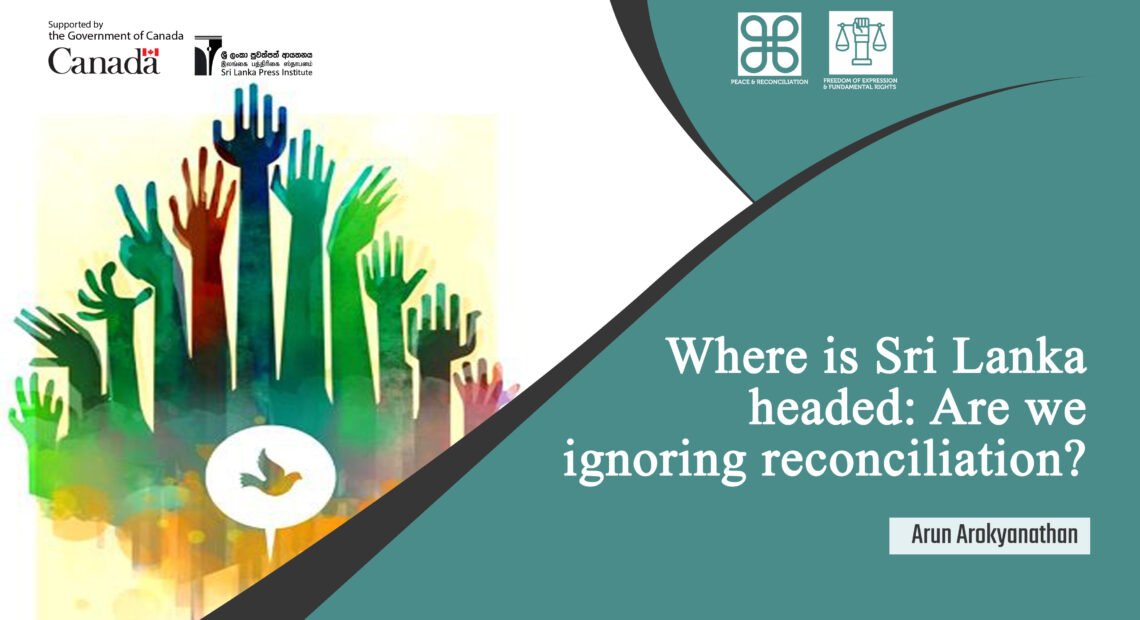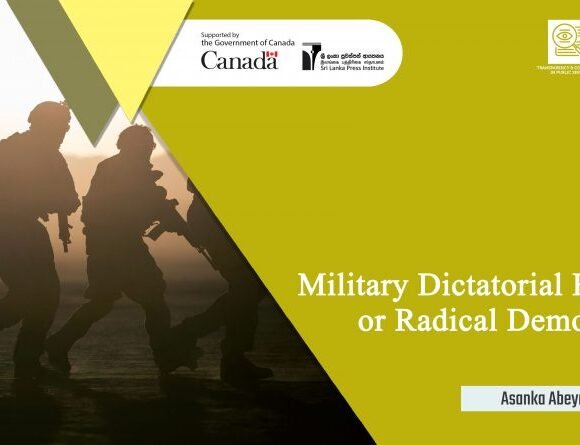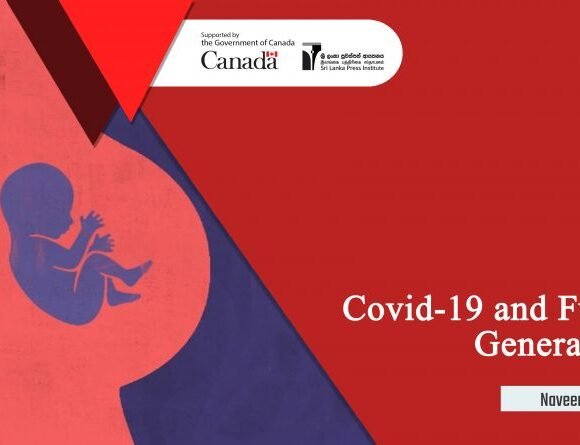
Where is Sri Lanka headed: Are we ignoring reconciliation?
Arun Arokyanathan
‘Reconciliation is at the very bottom of what Sri Lankans want,’ said Admiral Jayanath Colombage, Sri Lanka’s foreign secretary.
In a virtual interview with India’s BWTV a few days ago, he said, ‘The five things that the average Sri Lankan needs are career, housing, good education for their children, health care and security.
He pointed out that these were the demands of Tamils, Muslims and Sinhalese.
Jayanath Colombage pointed out that when you ask where is the reconciliation, that is far too low, the term reconciliation is used by politicians to win votes during elections.
You also asked if we were going to share power. Our country is smaller than the smallest state in India. Maybe the size of Kerala. We are a very small country in terms of area. Sharing powers is a very emotional issue here.
The 1987 Indo-Lanka Peace Accord is still in force. Most of the clauses in the 13th Amendment have been implemented. There are chief ministers. There are provincial councils. Every province has a government. Funds are allocated to the provinces. Only two things that have not been done, they the police powers and land powers. Those powers will never be given to the provinces. I would like to ask whether the 13th Amendment served two important purposes. If asked whether peace was achieved in the country through the 13th Amendment, ‘no’ is the answer. Whether development could be achieved, again “no’ is the answer. Jayantha Colombage said.
The views expressed by the person who is holding key responsibilities in government spells out how much less the government attaches importance to the issue of reconciliation.
During the last presidential and general elections, the Rajapakse party promised to bring economic prosperity to the country. But the government, already mired in debt and facing an economic crisis, is now reeling from the impact of the Kovit-19 epidemic.
It is not possible to fulfil the promise of economic prosperity. With popular dissatisfaction already emerging within months of coming to power as the economy weakens, questions have been raised as to whether the current government is seeking to maintain its influence by showing repression and discrimination against minorities.
This time around, the government’s crackdown on commemorations of the war dead is certainly not going to help build reconciliation in the country. When the last ‘good governance’ government allowed the commemorations to take place the people did not cause any disturbance except to express their feelings quietly.
The heated argument in Parliament between Public Security Minister Sarath Weerasekara and M.A. Sumanthiran MP underscores the government’s tough stance on reconciliation.
Weerasekera questioned in the House how a Member of Parliament could pay tribute to Pandithar who was an LTTE member.
Answering to this Sumanthiran said, “I have no need to reply to the Minister. But I am registering my opinion here as my name has been mentioned in public.
A few days ago I appeared in the Jaffna High Court on behalf of an elderly mother, Sinnathurai Maheshwari. It is customary for her to commemorate her son known as Pandithar in 1985, each year in the month of November. She had filed the lawsuit to defend her right of that commemoration.
(Weerasekera interrupts) Yes, he is the LTTE leader. But Pandithar is also the son of that mother. All mothers have the right to remember their children.
The Minister has never questioned the remembrance of JVP leader Rohana Wijeweera by JVP leaders in full uniform around Colombo. That is why I have spoken regarding racism being spread in the House against Tamils even in commemoration programs.
The Jaffna High Court judge had made it very clear that the mother had every right to remember her son at home. She executed her right at home. I have to say that the house is not really a house but a hut. I was with her when the mother remembered her son. I stood by her side. The son was not even wearing any uniform. This is an activity where a mother remembers her son. The court had directed me to explain to my petitioner that everyone can engage in private remembrance, though it cannot be done collectively.
The whole country is being misled by Sarath Weerasekara’s racist views. This assembly allows it.
The government, which allows the JVP to hold a memorial service but denies it to Tamils. Sumanthiran had categorically recorded the view that Tamils were discriminated against even in the remembrance of their dead ones.
Many may wonder why the Rajapakse party that boasts of wiping out the LTTE that possessed planes, modern boats and artillery, what is it trying to achieve by blocking the memorial of the dead by survivors.
The Rajapaksa faction will not be unaware that no minority race can build a strong-armed force in this country again without the support of a major power like India. But the government has resumed scaring with LTTE tag the country’s population to cover the growing discontent among the majority over the economic crisis it had failed to address.
Just as the unreasonable act of banning the remembrance of those close to their relatives has caused great resentment and anger among the Tamil people against the government, so too has the government’s stubbornness in disallowing the janaza (dead body of a Muslim) to be buried, which a system that is is followed by nearly 200 countries around the world, has caused great resentment and anger among Muslims.
It is questionable how long things like the memorial ban and janaza cremation will help to divert growing dissatisfaction with the economy among the majority.
Discussions with Western diplomats in Sri Lanka revealed that the current government’s moves in Sri Lanka, especially in dealing with reconciliation, have also displeased the international community. In this context, there are reports that Britain is working to bring a resolution against Sri Lanka to the UN Human Rights Council in March.
The question of Sri Lanka was raised in the British Parliament on the 24th Nov. When asked if Britain was working to bring in a new resolution, especially in the wake of the Sri Lankan departure from Human Rights Council’s resolution, the Minister in charge described the various moves that are being made in this regard.
It is noteworthy that Kandy District Parliamentarian Lakshman Kiriella, during his address in the Sri Lankan Parliament a few days ago, had stated that Britain was working to bring in a new resolution against Sri Lanka in the March session in Geneva.
The signals are obvious that the West is going to bring a new resolution against Sri Lanka in Geneva for their own geopolitical interests, rather than out of love and concern for Tamils.
This government must realize that it is necessary to build reconciliation to build lasting peace and economic prosperity in this country by preventing Western countries from using Tamils or Muslims for their own interests.
Examples from around the world show that lasting peace and economic prosperity will never be possible without ethnic/racial harmony. Therefore, the government must realize the reality and act with due emphasis on reconciliation.








